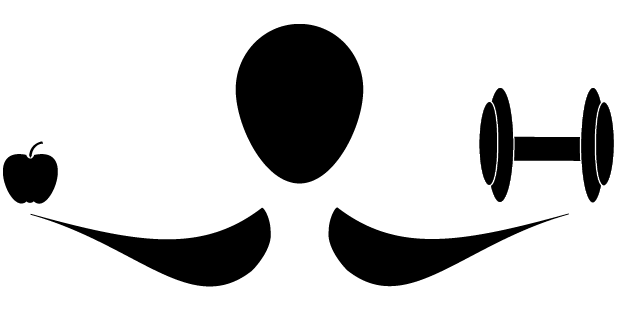Fit Facts: Support your gut bacteria
October 28, 2014
In a society that emphasizes taking action to prevent the growth of bacteria, it’s easy to forget we have friendly bacteria living inside of us, keeping us alive.
Called natural flora, or gut microbiota, this is the stuff you should protect and nurture like it’s your baby. In one sense, bacteria inside of us is similar to a baby — most humans are hosts to 3-5 pounds of bacteria, according to a Sept. 12, 2013, Popular Science article. Your gut alone contains 100 trillion bacteria, which is more than 10,000 times the number of humans living on earth, according to an Oct. 18, 2003, Mercola.com article.
There’s no need to think of yourself as a freak for harnessing trillions of microbes inside your body. Take comfort in knowing everything has bacteria crawling on it. The part of your water bottle you drink out of? Bacteria haven. The soap dispenser in the bathroom? Microbes. Even this newspaper you’re holding (or the screen from which you’re reading) is laden with bacteria like sand on a beach.
Fortunately, your friendly microbiota are protecting you from this world of germs.
“If it wasn’t for probiotics [good bacteria] … bad bacteria would just have a heyday in our bodies,” said Meg Burnham, registered dietitian at the Recreation Center.
Unlike immune system cells that fight for our survival, friendly bacteria fight for the health of their colonies inside our gastrointestinal tract. In doing so, they kill off the invading pathogens.
In addition to helping us combat foreign invaders, the good bacteria also help us digest food.
“Most students may simply think that bacteria living inside them may be unnatural or harmful, when in reality … not all bacteria is bad,” said Christie Nagel, graduate nutrition, health and wellness student. “The healthy [gastrointestinal] bacteria keeps the GI tract running properly and helps with the digestive system.”
Our bodies provide an ideal environment for bacteria to live in; they protect us from pathogenic bacteria and help us with digestion.
We might be able to predict illnesses and inflammation when normal bacteria are compromised, according to a July 17 Medical News Today article; and our guts might actually produce sugars to feed bacteria when we’re sick and eating less, according to an Oct. 6 Medical News Today article.
You can improve your good bacteria by introducing probiotics and prebiotics into your diet.
“Probiotics are the actual bacteria itself that is found in foods [and] found naturally in your gut,” Burnham said. “The prebiotics are the food for the probiotics. The prebiotics are going to feed and nurture the good bacteria in there.”
Common prebiotics include bananas, onions and garlic. Live-cultured yogurt, kefir and tempeh are great sources of probiotics.
Finally, help out your friendly army of bacteria by washing your hands and keeping good hygiene.
Protect the good bacteria inside your body and they’ll protect you.







